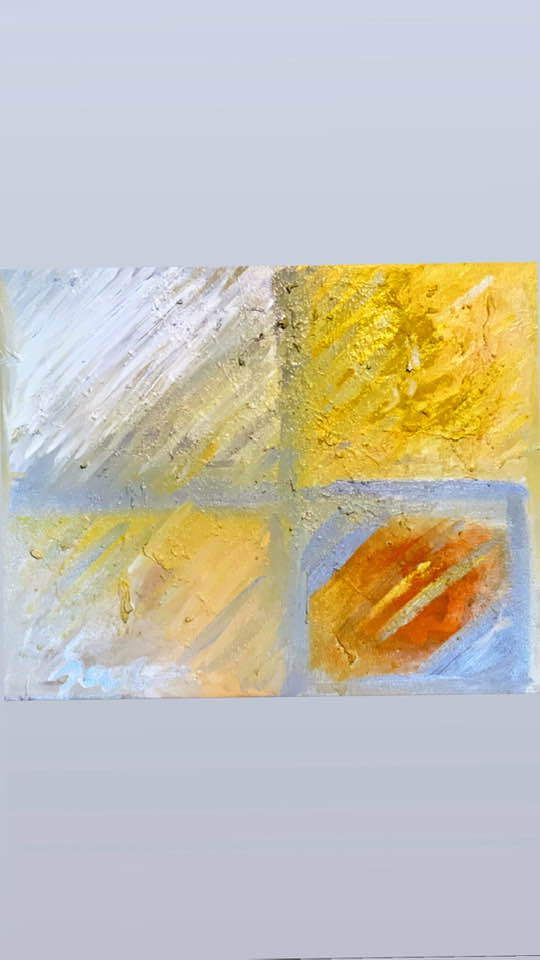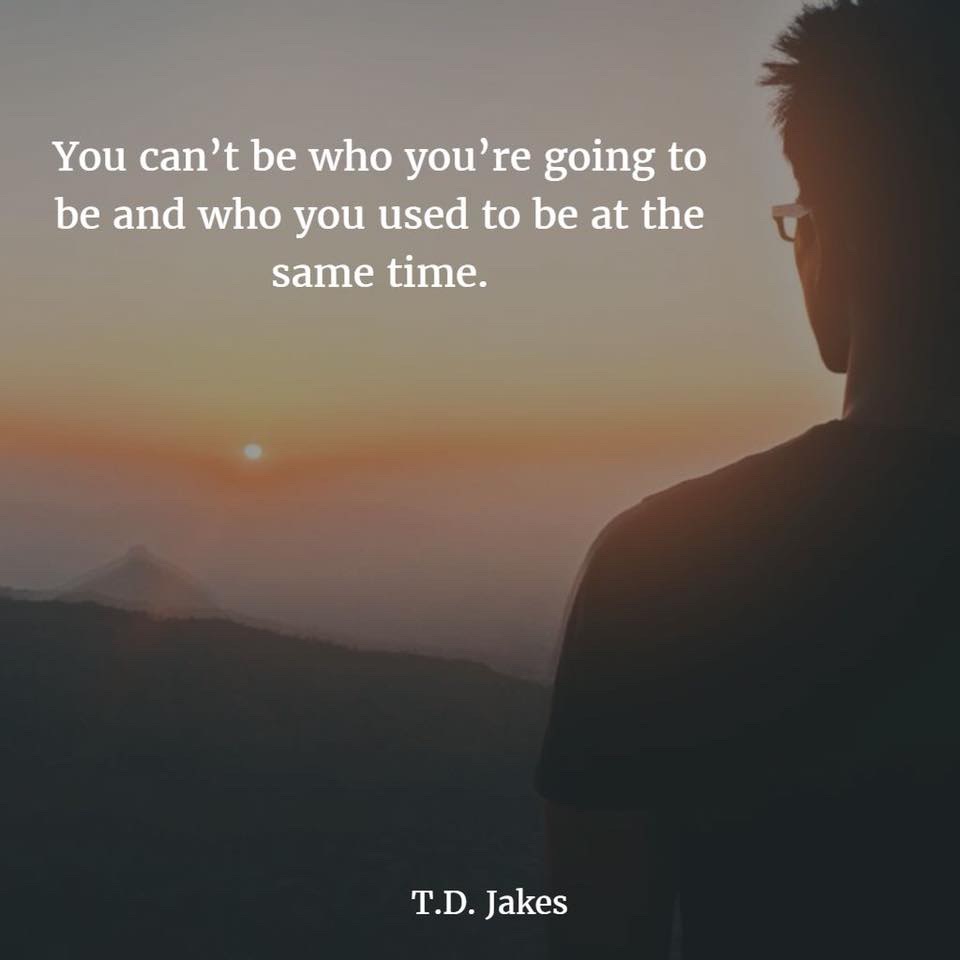DIALOGUE : a cultural mutation
DIALOGUE ; a cultural mutation
Impasses, which leads to a speechless experience
Sometimes we avoid speaking, because we feel that we will be caught in a conditioned situation, we will say exactly what people expect us to say, or behave in a predictable, repetitive manner, we are not able to express freely our inner feelings with our own words.
Avoiding speaking is even sometimes a way to escape from a concrete or symbolic form of death.
Many philosophers are dead in order to defend human dignity and integrity; Socrates was the first one among them. He claimed he won’t say he knew what he didn’t, and that all he knew is that he knew nothing, while his opponents were sure to possess the truth about what ought to be the meaning of life.
In that case, during the process of Socrates, the law was perverted. In a democratic context our laws should protect the human beings, both fiscally and psychologically, give them the necessary care in order to encourage people to develop equally and safely, allowing each one of us to maintain integrity and dignity in all kind of situations, good our bad, we are going through. In that particular case, laws are there to warrantee equal conditions of human development and access to health care.
Those conditions allow us to be able to speak, by ourselves and together. Words may be very powerful, they can unify heaven an earth in a poetic manner, allow new beginnings, fix what was broken between two people, or within a group... So, when you encourage someone, to find his own voice, to sing his own song given to him while he was born, as in some African tribes, you help him to create his own and unique way of being present in the word he lives in. In order to be yourself you have to speak by yourself.
Or we need both cognitive ad affective conditions to be able to dialogue, to share our genuine self with others in order to reach understanding. Following Affect psychology works we need to share mutual joy and interest; those are crucial affects in a dialogue process, as important as the ability of induction and deduction.
To often, anyway, when the democratic laws are not present we engage in a survival fight,
That leads to have “dominant voices”, the ones that reach the medias, the ones that dominate in a family, or in a professional group, not because they are the wiser one but because they are the stronger one. Those are dangerous voices that yell instead of thinking before talking, and confine people to silence. In those cases people obey not because the law has a meaning, not because the authorities are competent enough , but because the authority is the authority, full stop, no arguments other than oppression, fear, and ambition.
A cultural mutation may be able through dialogue, and that is the main point developped in my book
Mar Thieriot 2017



